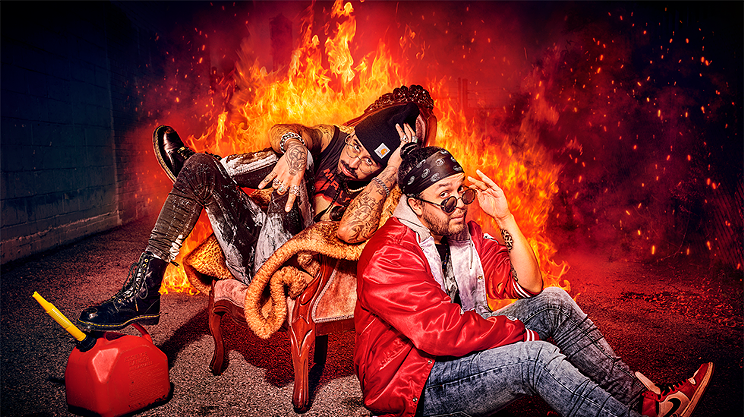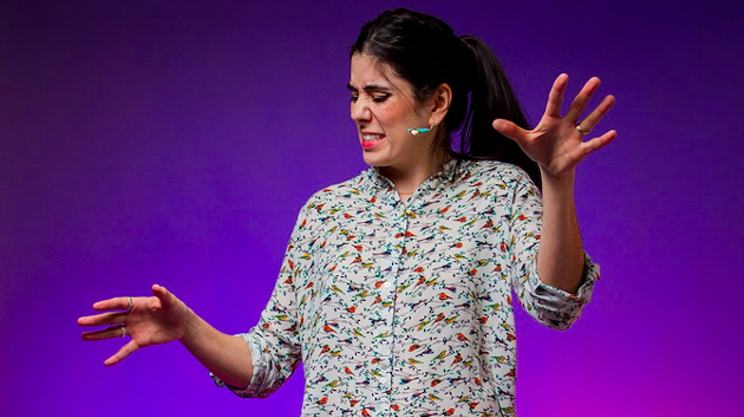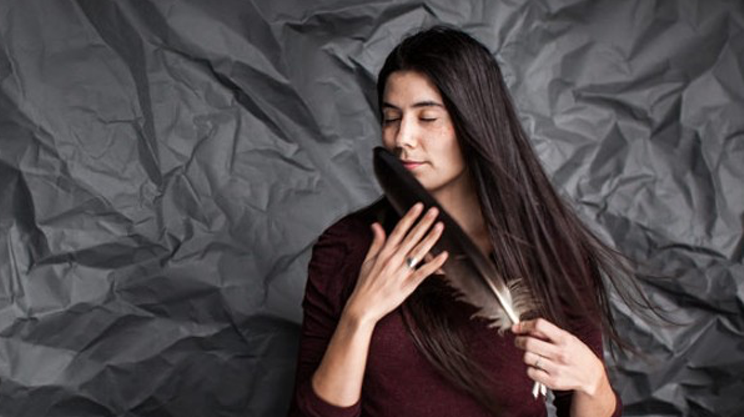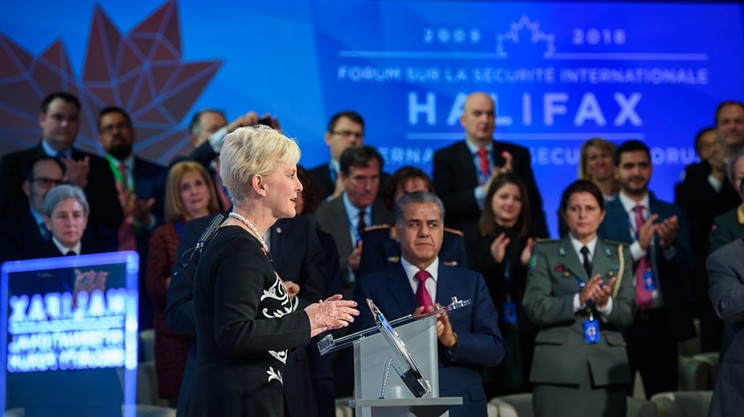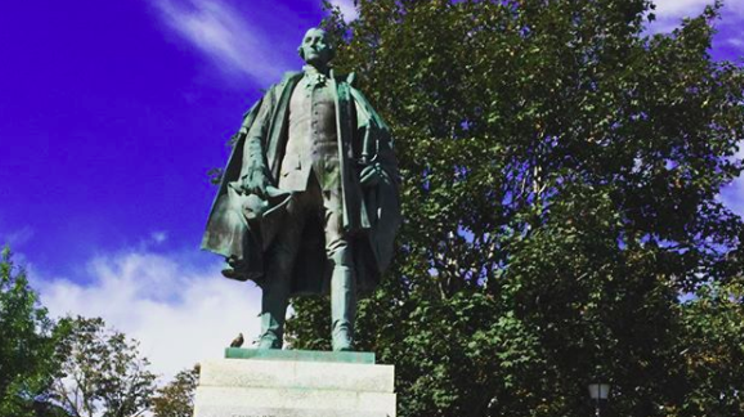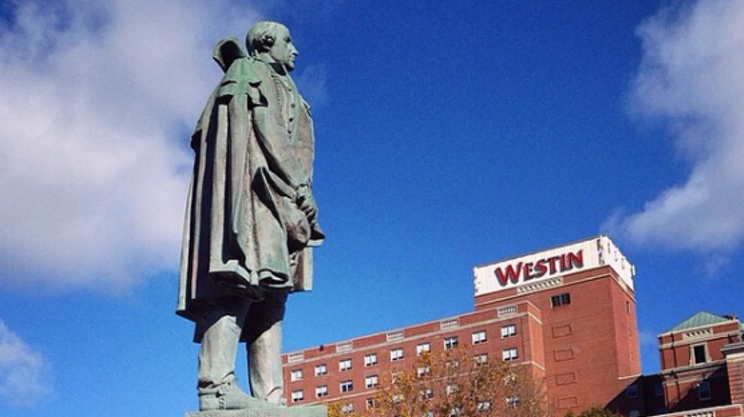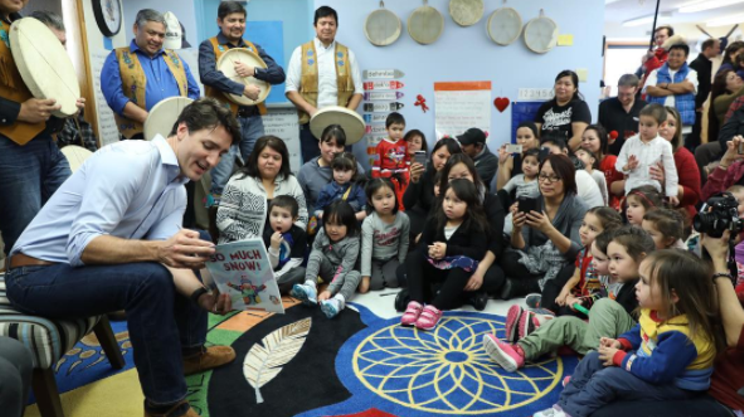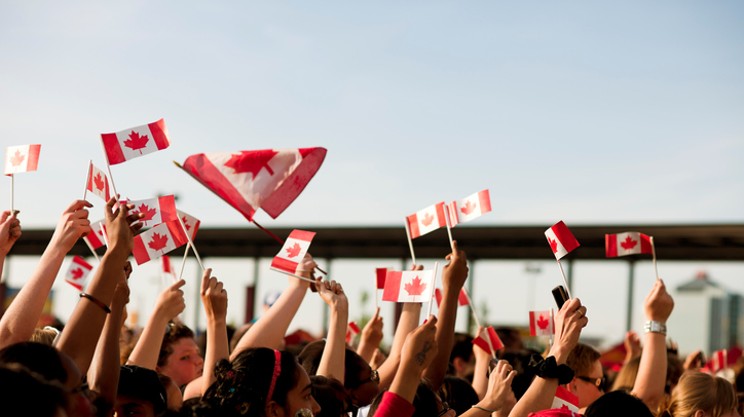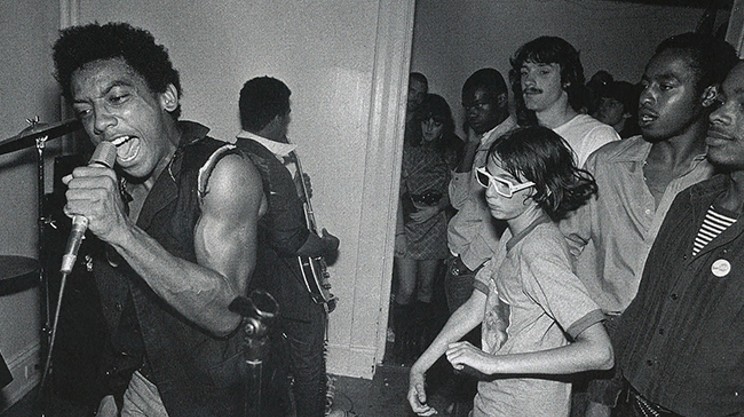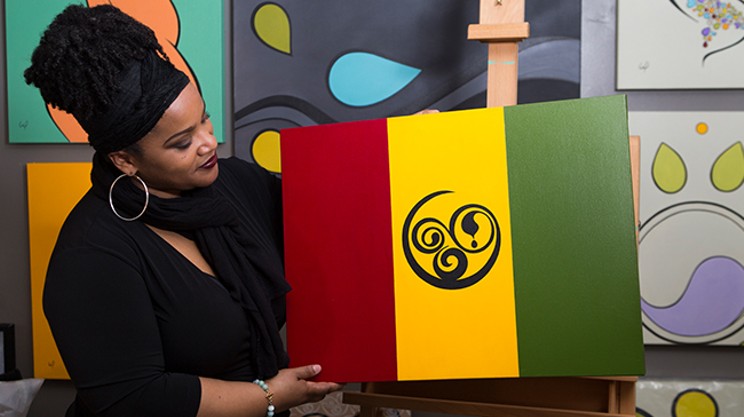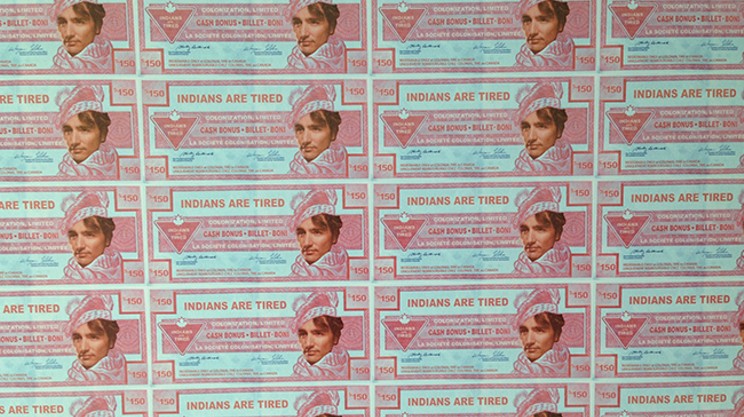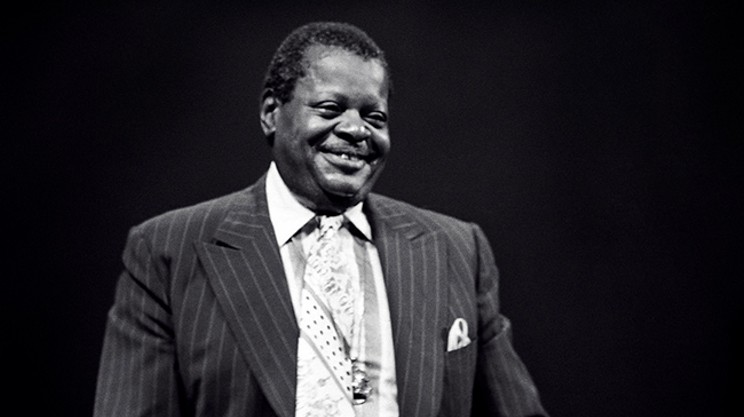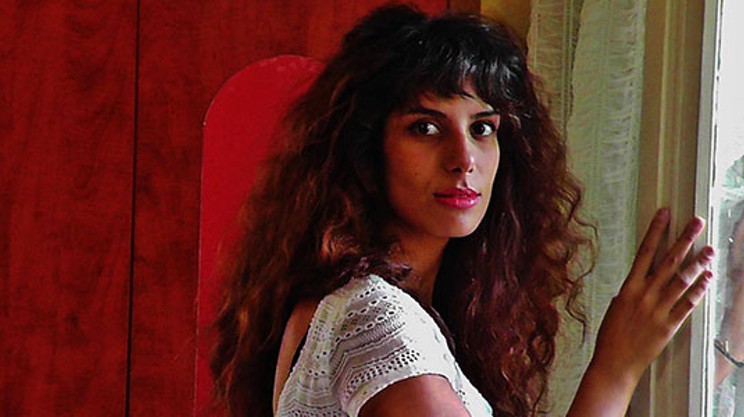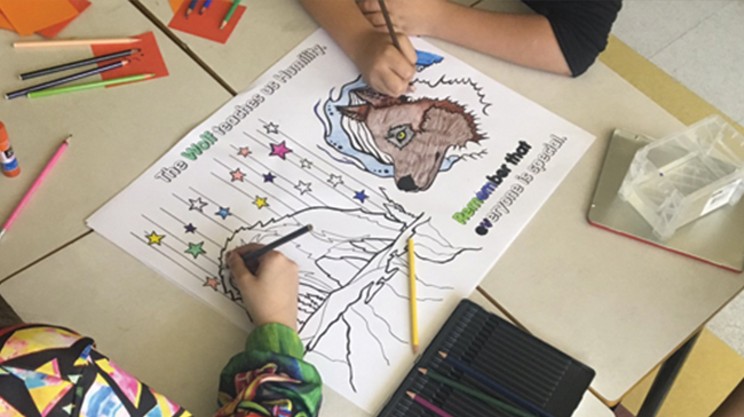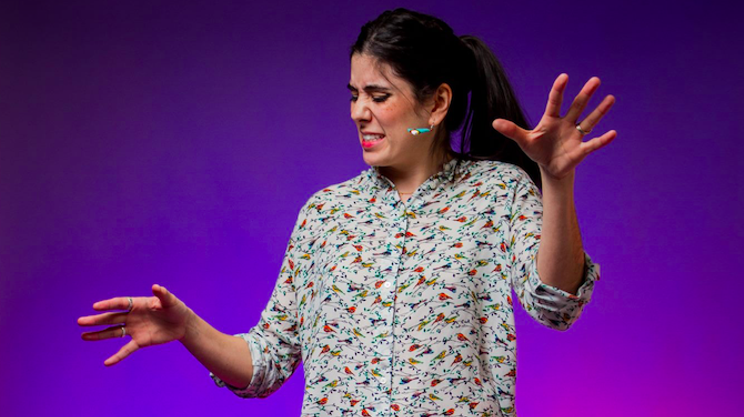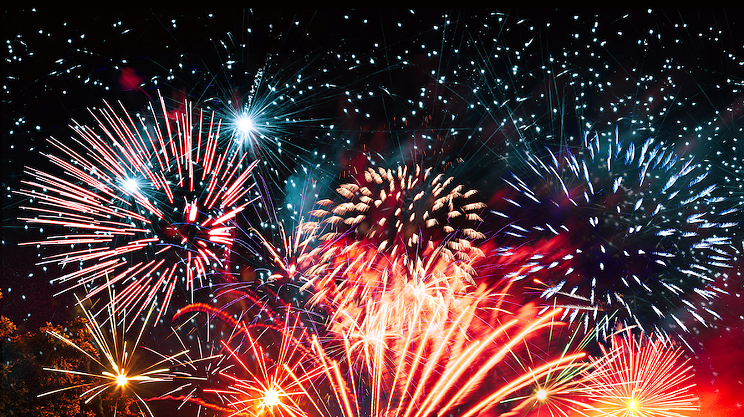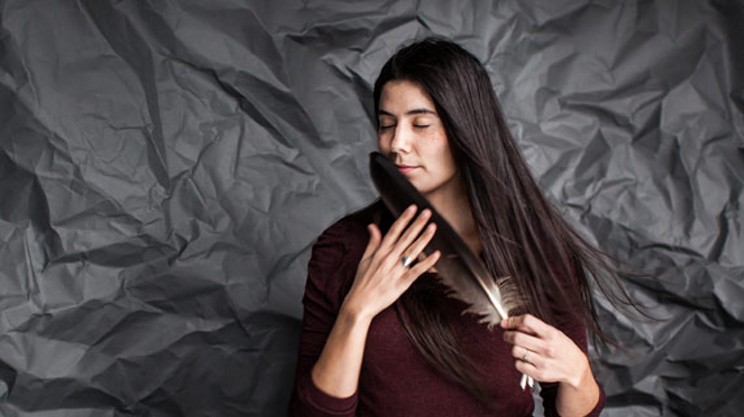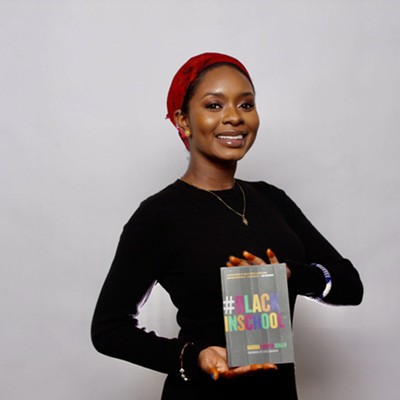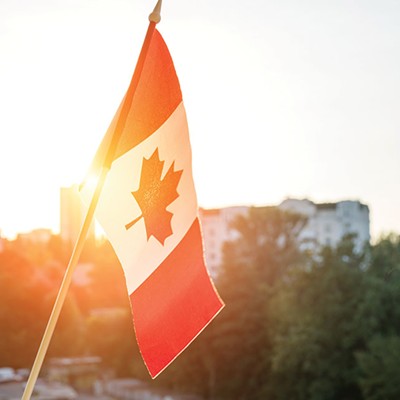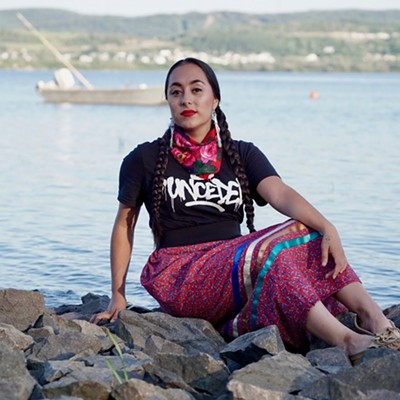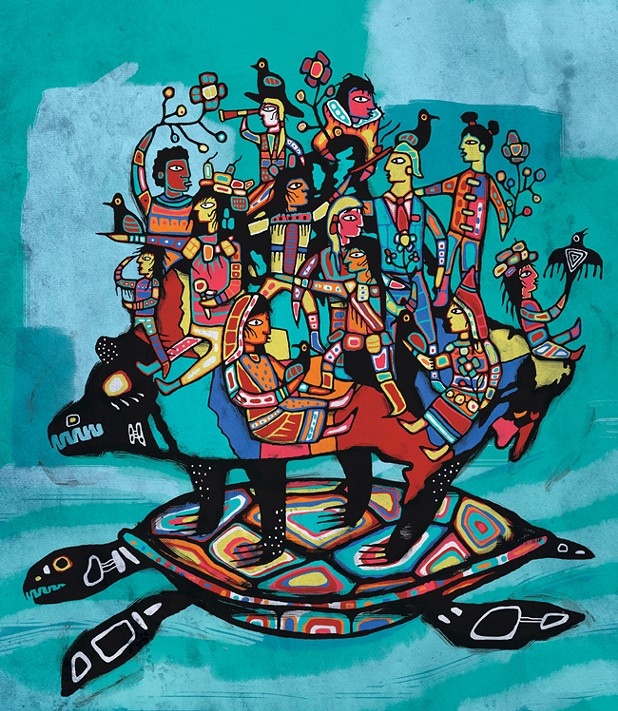
Today I’m going to tell you a creation story.
Many of you have heard them before, or at the very least have heard of them. We tell stories to pass on our knowledge, teach lessons and morals. This story is going to be a bit different than any story you might have heard before. It’s not about
Long before time immemorial when there were only the plants, animals, spirits, magical creatures and the original people that roamed this
There was a balance between Mother Earth and us, her children. The animals gave what they could and we honoured them for their sacrifice. We never picked the first plant, nor the second. We would only begin to pick the third
We lived like this for more generations than you could count on all the fingers of your family.
Then one day a new creature came to our shores. At first, this creature was small, hidden. We didn’t even know it existed. It came tucked away in the minds of the white man. Finding shelter in the intentions of those who brought it. At first, it did not have much power. It did not have a voice, only an inkling of a presence and we
But the creature wasn’t the only thing the newcomers brought. On their clothes, in their sweat,
Once it took a form, its hunger could not be sated.
The original people were helpless against its will. This creature cared not for our hearts and spirits because it knew that we could stand against it. So it tried to control us. It confined us to the tiniest portions of our land. It rewarded those that would do its bidding with medals of valour and
Canada.
Canada’s skin was made up of laws. It had sharp claws that raked schisms into our communities so we would fight ourselves. We began to do Canada’s work for it. We shamed our people, we kept ourselves under control out of fear for what Canada might do to us. We had heroes that took
But in the smallest of places, our flame still burned on.
At first, resistance was small. Children
But then one day, unexpected to Canada, the people who brought it to this land started to see Canada for what it was. You see, Canada was only as strong as the people allowed it. Its power was drawn from the hearts and minds of those who believed in it. It became what it was because it only fed on hate, fear and prejudice.
Creature Canada, as strong and powerful as is was, had a weakness. It was blind. Canada couldn’t see another world. It could only see what it thought the world should look like. It could not see what we did behind its back. It could not see in the peripherals. Though it was strong, the strongest
We created
Today, Canada is still alive and well. It continues to pull power from the broken body of Mother Earth. It continues to feed off our spirits through neglect and hopelessness. But all is not lost. Because it is blind, it can be led to where we want to take it. The story is not over. Will you help us write the next chapter?
Rebecca Thomas is HRM’s poet laureate and a proud Mi’kmaq.

